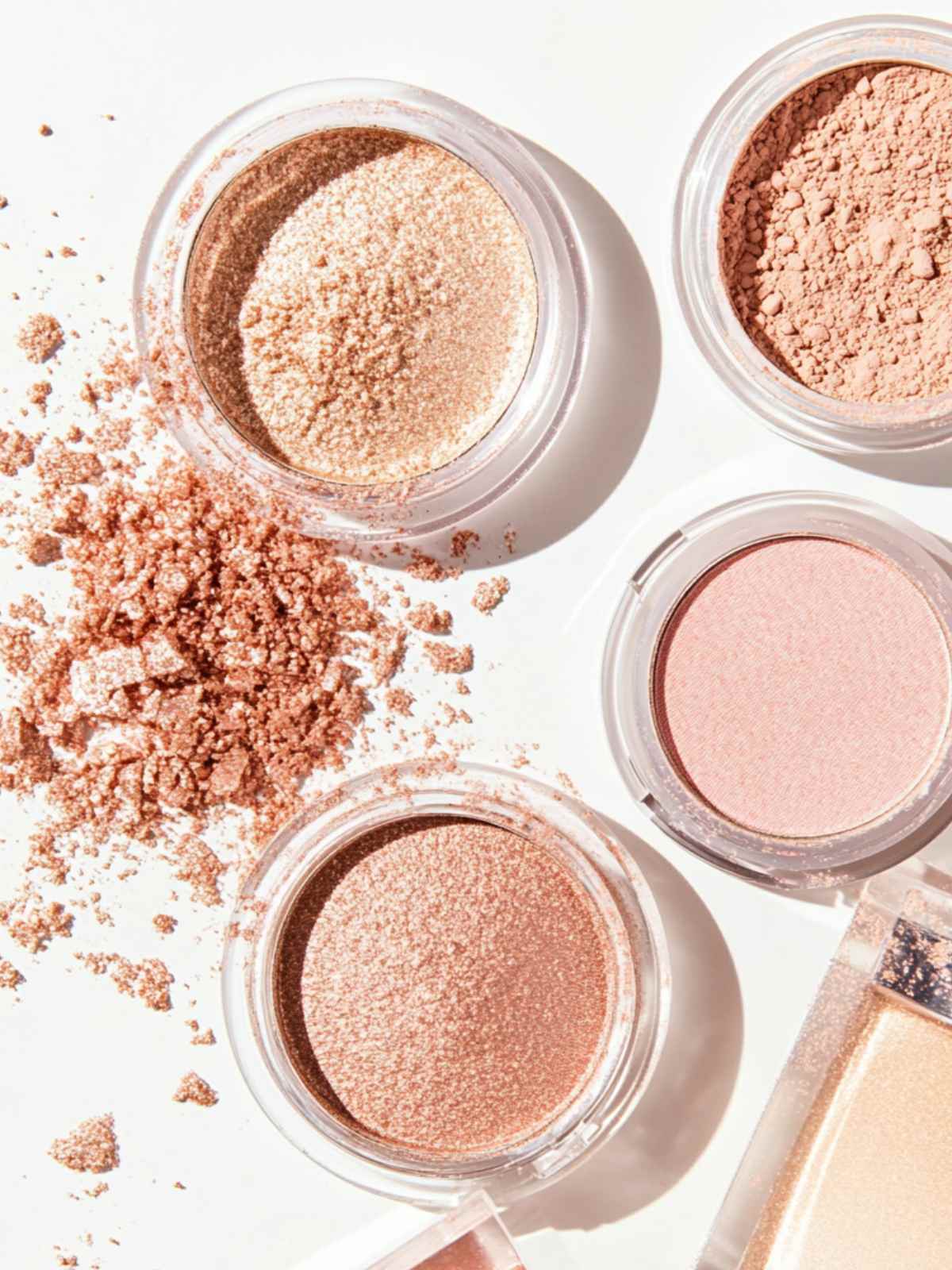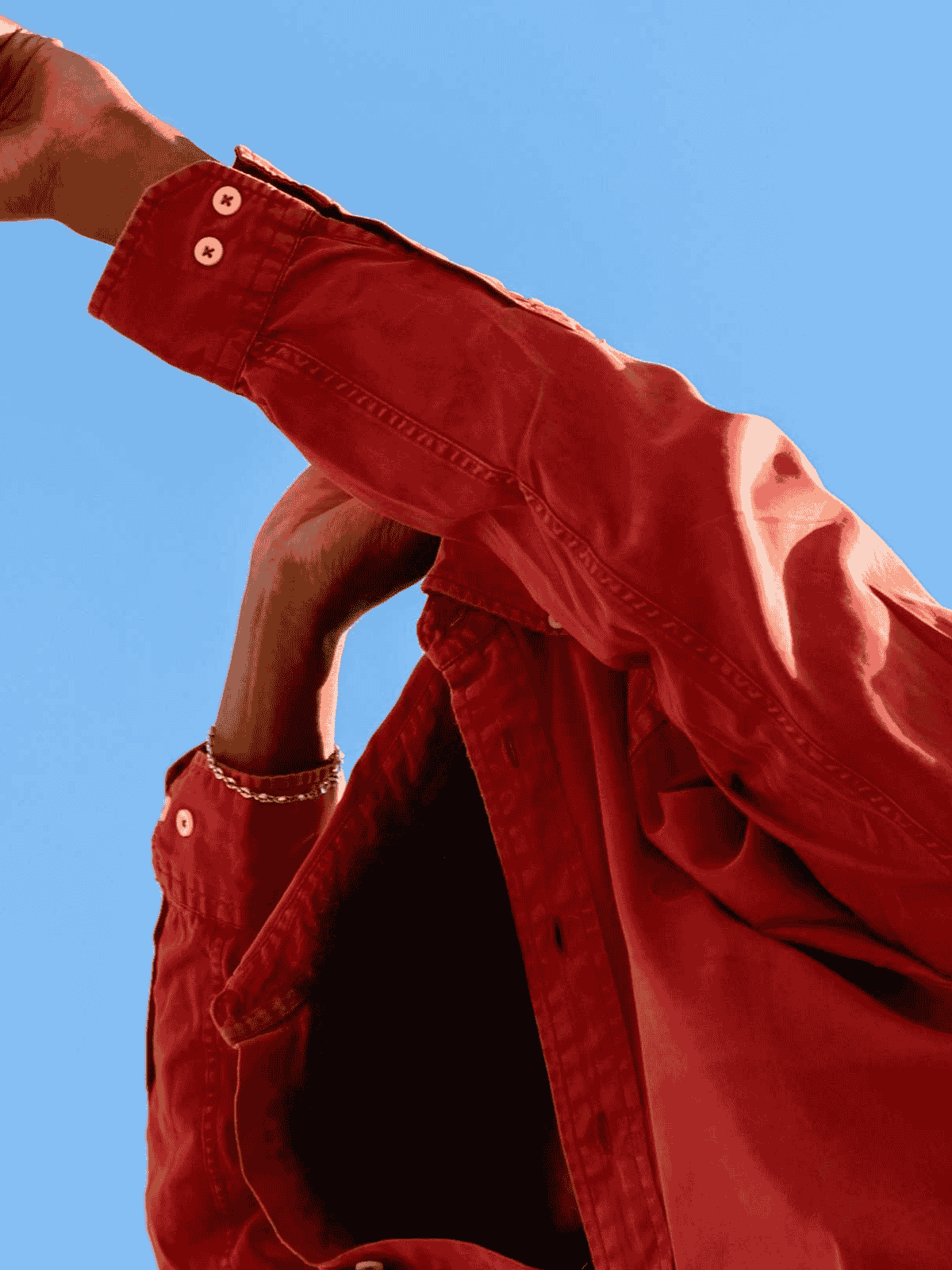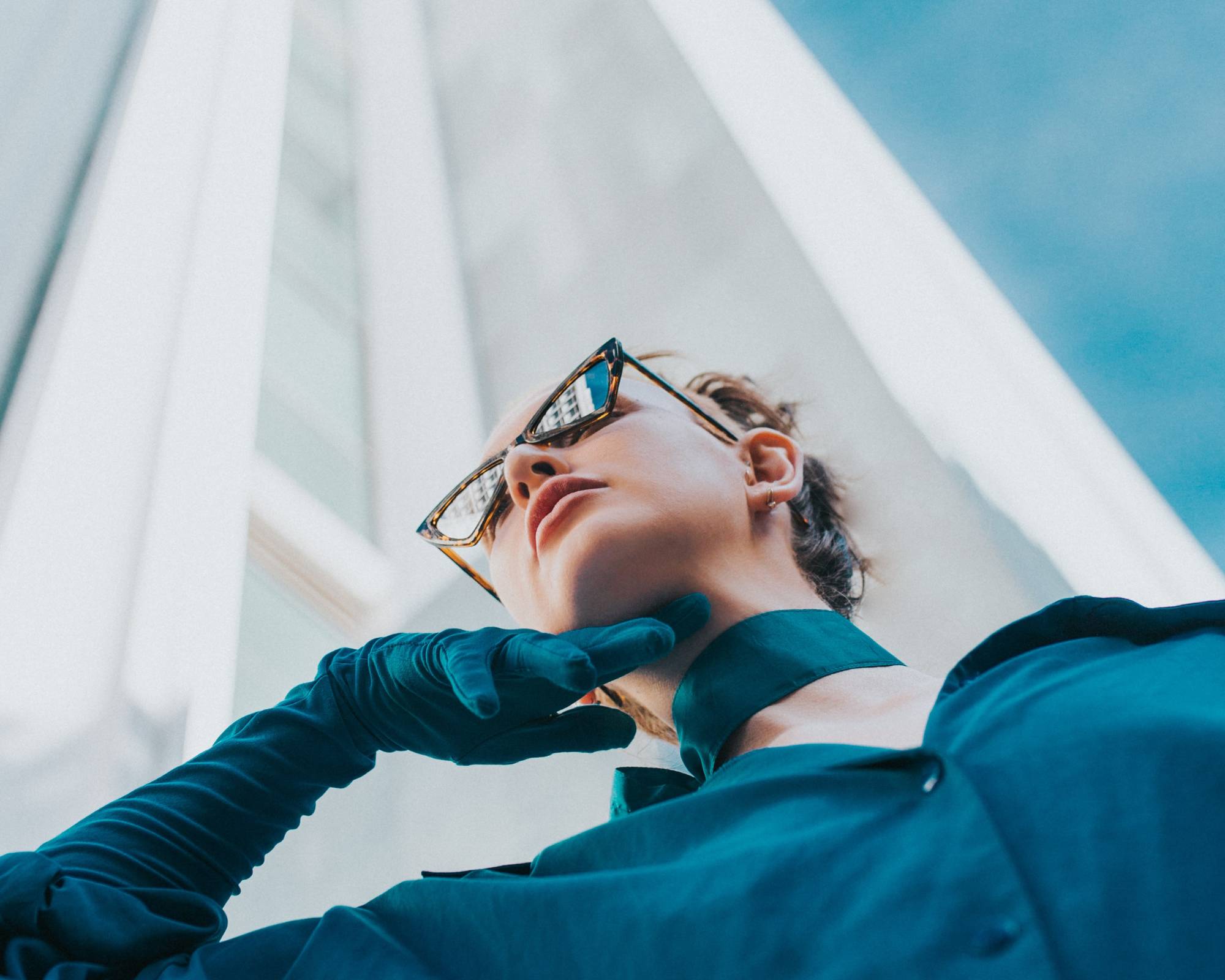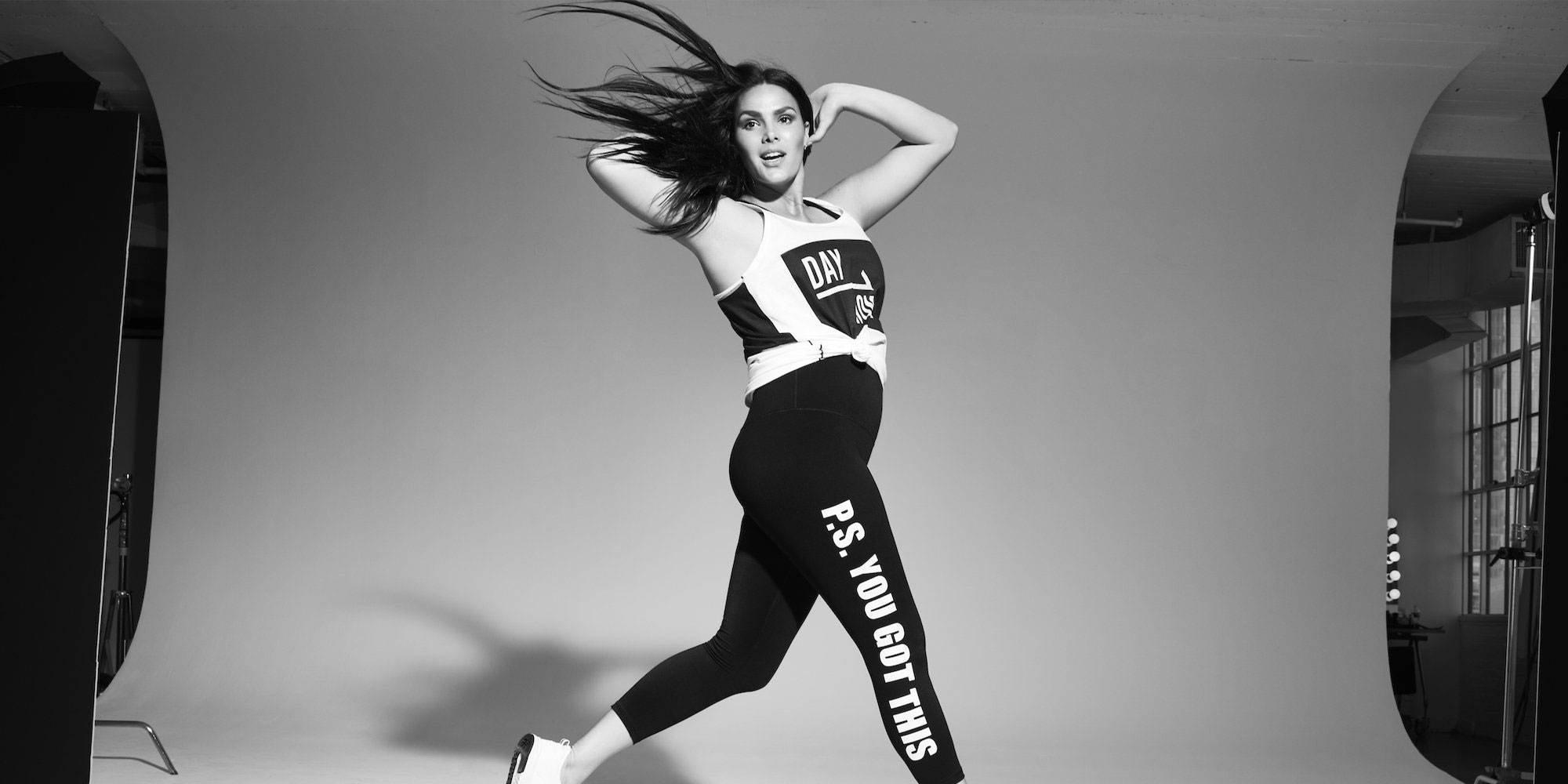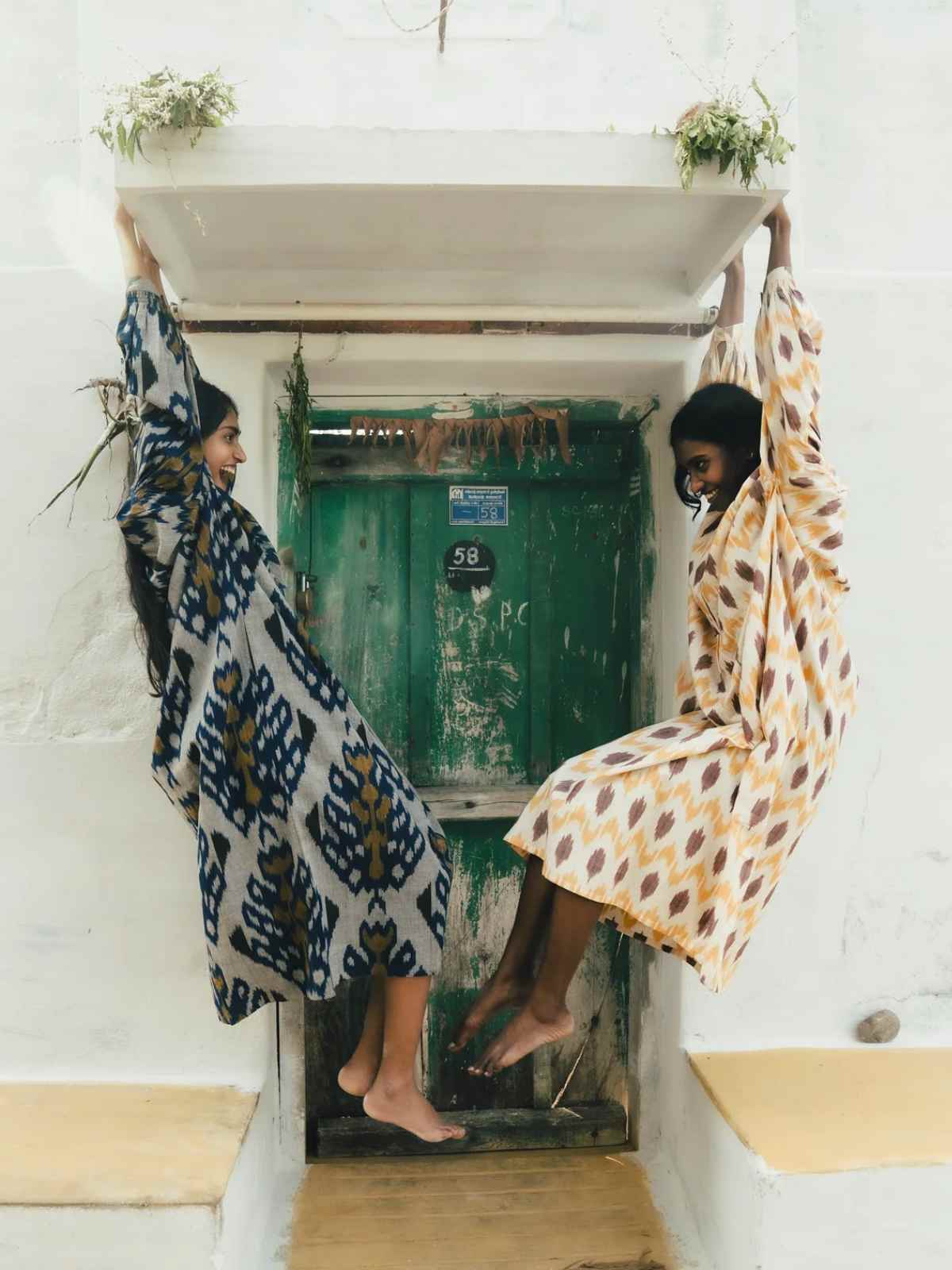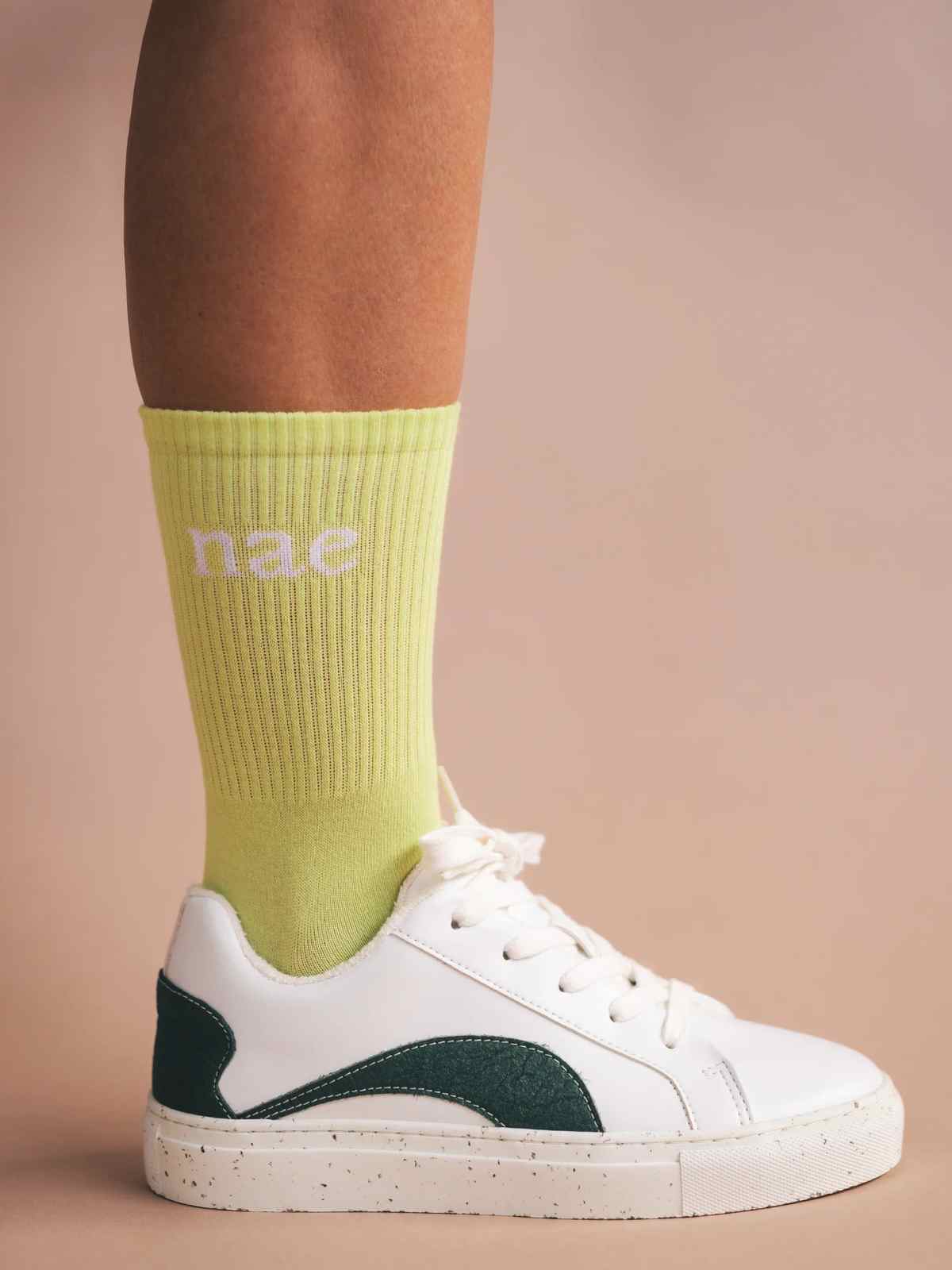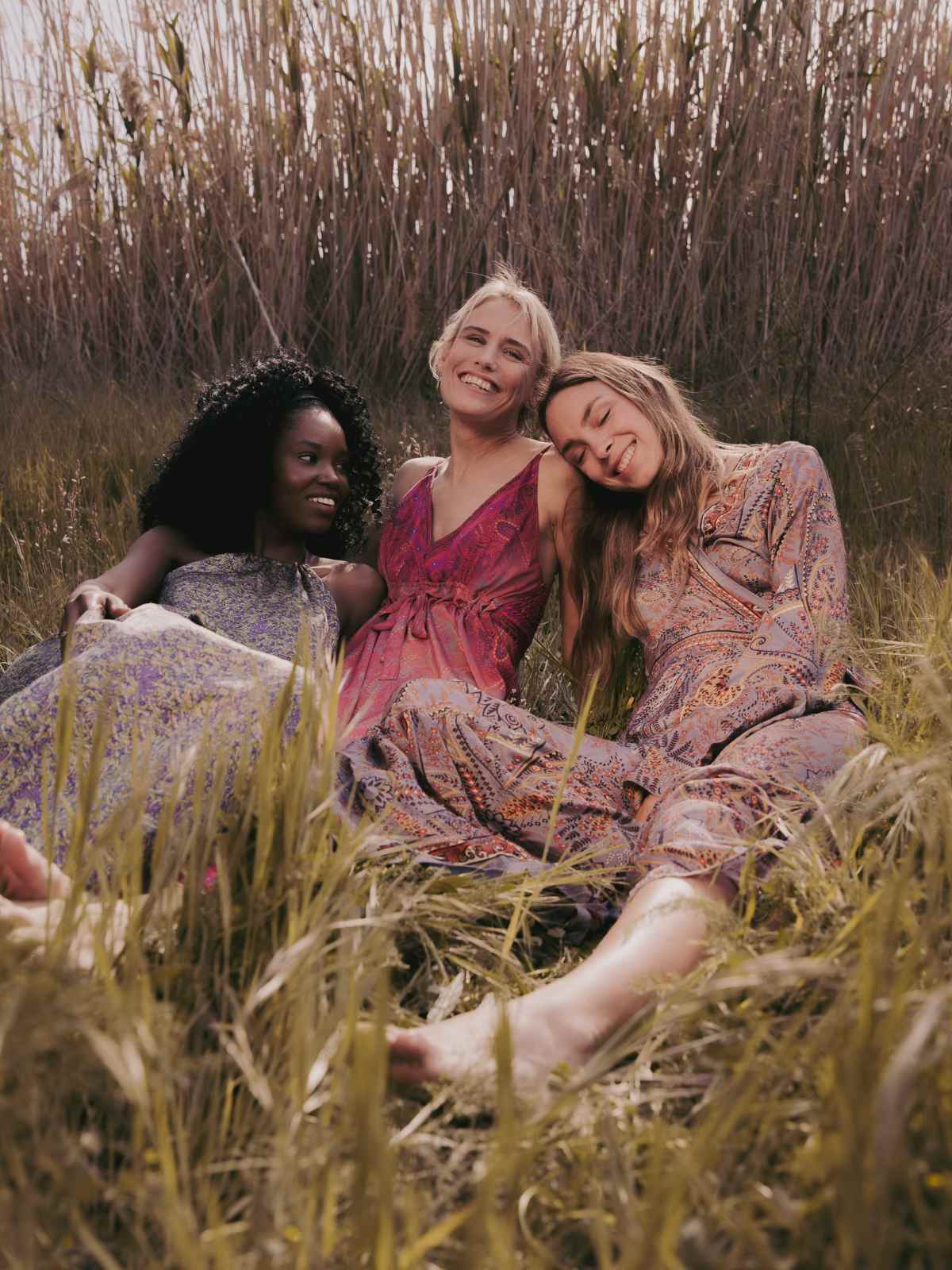With their huge followings and carefully curated feeds, influencers and celebrities have the power to sway many. But how sustainable are these influencer-owned fashion brands? Unfortunately, not many celebrity-owned brands managed to get a “Good” rating. Let’s have a look.
How are celebrity and influencer-owned fashion brands impacting people, the planet, and animals?
“61% of consumers say they’re very likely to follow the recommendation of an influencer they follow.”
This stat is significant yet unsurprising. Hauls, collabs, paid ads, and sponsorships have slowly replaced our friends’ food and baby pictures on our favourite social media platforms, giving us daily inspiration on what to do, eat, put on our skin, and wear. And while sustainable fashion influencers are on the rise and de-influencing is increasing in popularity, people are still worried some influencers are fuelling an unsustainable addiction to fast fashion.
In recent years we’ve also seen a growing number of celebrities and influencers capitalising on their loyal fanbase and launching their own fashion brands and collections. With such big communities, we can’t help but wonder how these new fashion brands impact the planet, people, and animals. Are celebrity and influencer-owned fashion brands sustainable? We look at the hottest fashion brands on the market, owned and created by influencers and celebrities, to give you the lowdown.
